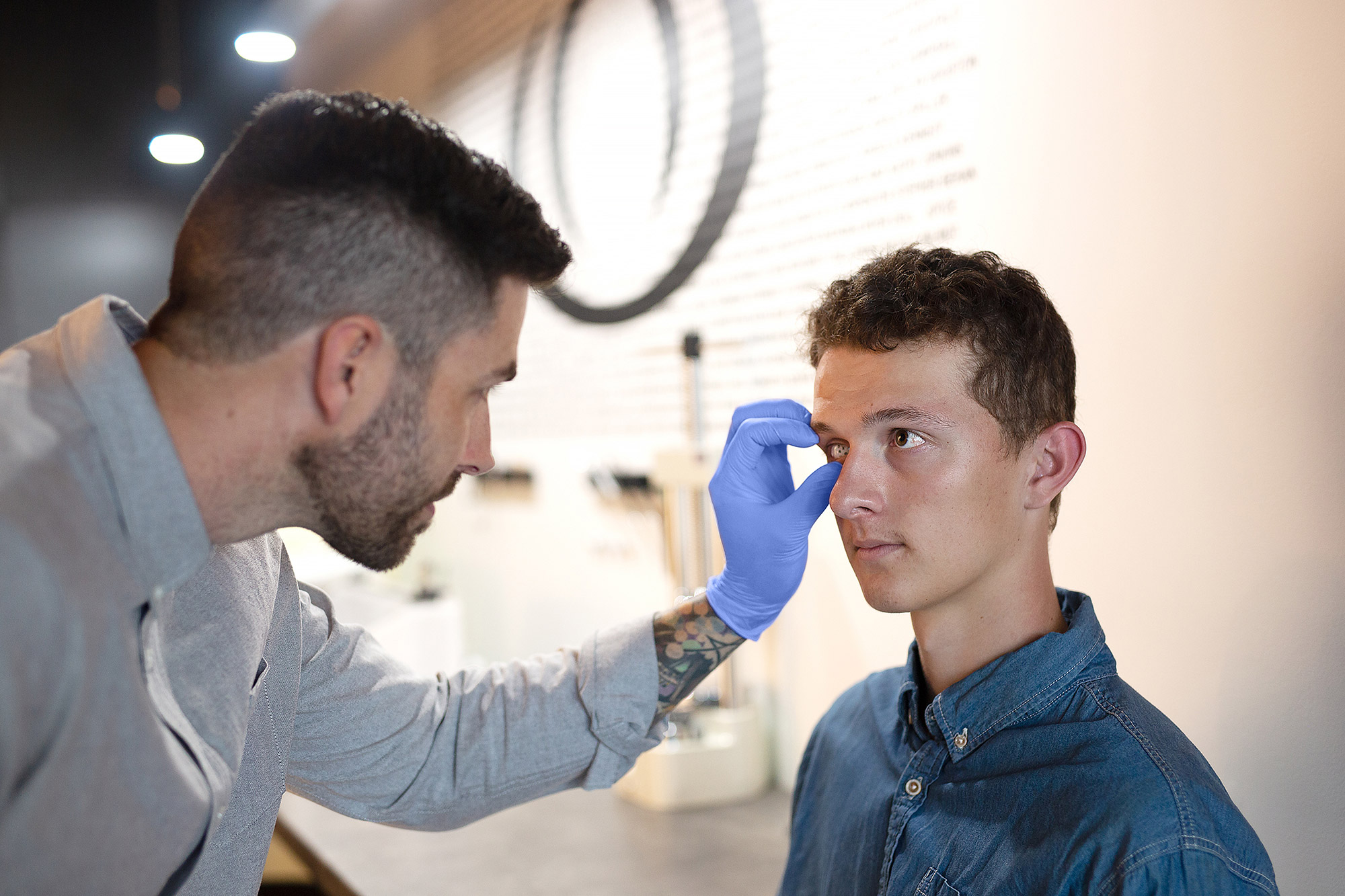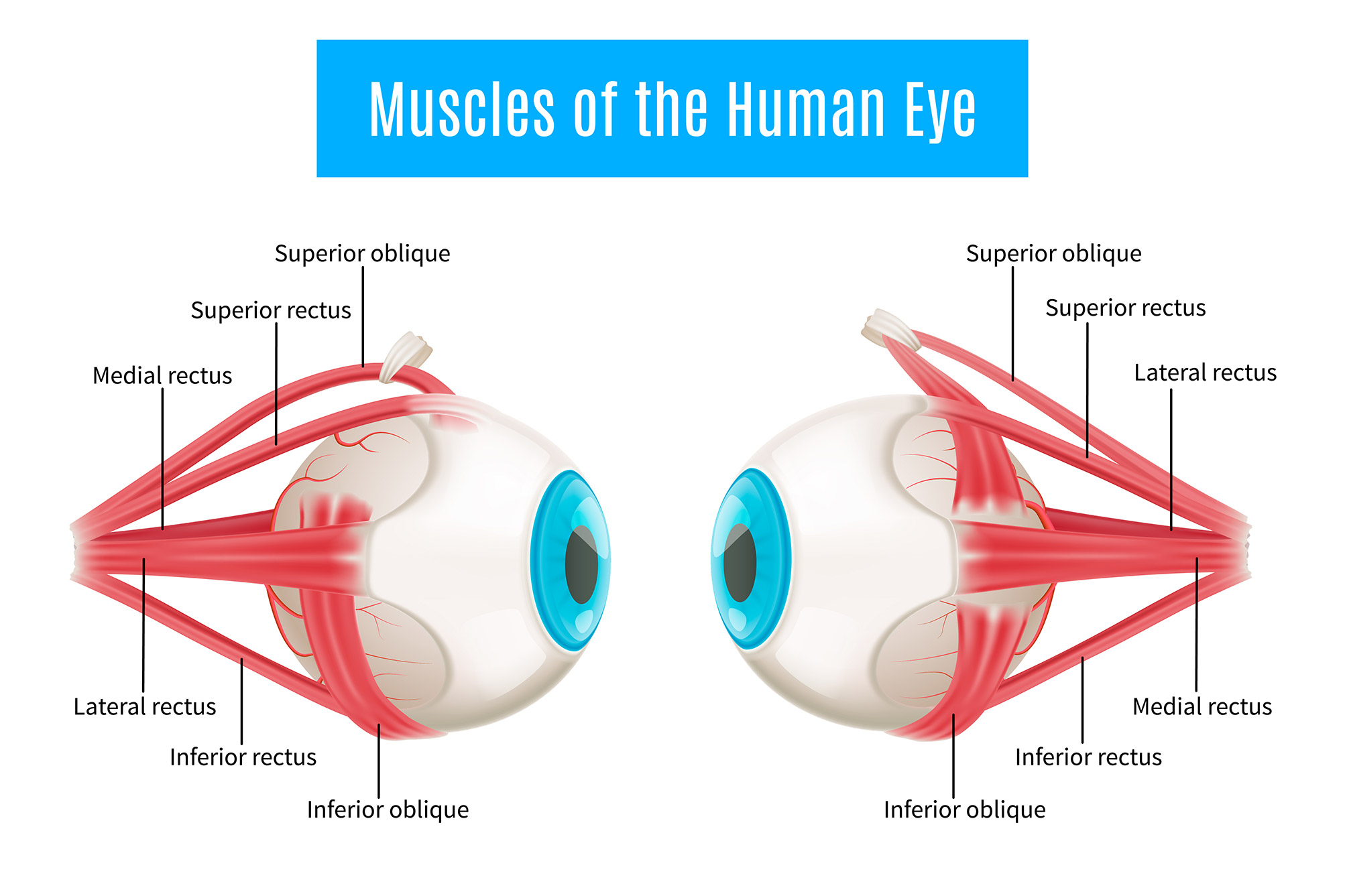You may have landed here because you’ve discovered that you or someone you love will lose an eye. All of a sudden you’re thrown into learning complicated medical terminology. All the while facing some big decisions about eye surgery that you could never have imagined having to make. In this article I’ll explain what Enucleation of the eye means, and the advantages and disadvantages of the procedure.
What are the main reasons for eye enucleation?
The main reasons for enucleation are trauma, eye socket pain, and or a blind eye, cancers/melanomas.
In some cases, depending on the situation some surgeons prefer to temporarily suture the damaged eye. Thus, giving you time to deal with the trauma of what may have happened. This is a very favourable approach as losing an eye and adjusting to eye loss can be very traumatic for some people.
Eye enucleation is the removal of the entire globe and its intraocular contents.
Advantages of enucleation of the eye
In the case of suspected intraocular cancer, enucleation is by far the safest method for ensuring the complete removal of the affected globe. And a very good way of being able to determine if the cancer has spread to the optic nerve through a post enucleation examination.
Aesthetically enucleation would present exactly the same as an evisceration when performed by a skilled oculoplastic surgeon.
What is the difference between a plastic surgeon and an oculoplastic surgeon?
While we are on the subject of surgeons let me briefly explain the difference between a plastic surgeon and an oculoplastic surgeon. As it’s important to get this right. A plastic surgeon might perform a Blepharoplasty or skin tightening around the eyes. A plastic surgeon should only ever touch the skin around your eyes ie: upper and lower lids.
An Oculoplastic surgeon will start their career as an ophthalmologist and will spend a minimum of seven years in eye and eyelid surgery. On top of that, they’ll train in Oculoplastics. For further research and explanation this definition by SightMD eye doctors and surgeons will be helpful.
Disadvantages of eye enucleation
The disadvantage to having an eye enucleation is that it may directly affect the motility or “movement” of your new ocular prosthesis. Why is that you are asking? Let me break it down with a clarification on the difference between enucleation and evisceration.
What is the difference between enucleation and evisceration?
An Enucleation of the eye removes the entire globe and its contents. Therefore, the muscles that give your eye movement are removed then reattached to a donor sclera “white part of your eye”. Whereas, an Evisceration will retain the sclera with the muscles attached.
Get ready for some more medical terminology …
There are seven extraocular muscles:
- Levator Palpebrae Superioris,
- Superior Rectus,
- Inferior Rectus,
- Medial Rectus,
- Lateral Rectus,
- Inferior Oblique, and
- Superior Oblique.
Functionally, they can be divided into two groups: Responsible for eye movement – Recti and oblique muscles. This diagram of human eye anatomy may be helpful.
Image attribution: Freepik
Research is well worth the effort
In my opinion, if you spend time researching oculoplastic surgeons, have the ability to travel for your consultations, and the initial surgery to the surgeon of your choice, the results between an Enucleation and an Evisceration can be relatively comparable.
Surgeon reviews are important. Furthermore, I suggest speaking with someone who has had a procedure done by the surgeon you’re considering. Your research will pay-off. As the difference between a good surgery and a bad surgery could mean subsequent follow-up surgeries or none at all.
A final bit of advice. Be realistic with your expectations and the results you are wanting. If you are presenting a complex set of issues and are expecting a fully functioning and normal look then you may be setting yourself up for disappointment.
Dealing with eye loss on a psychological level is more often than not overlooked by most health providers. Some people are completely fine with losing an eye and other people struggle with it on multiple levels. Please read the patient reviews on this website. Hearing patient journeys may be helpful in your decision making.
In summary. Do your homework and ask questions when you are unsure.
Trusted ophthalmologist and oculoplastic surgeons I’ve worked with and can recommend include:
Dr Kenny Chan – based in Sydney Australia, and Dr Stephen Godfrey – based on the Gold Coast Australia.
Dr. Chan is a comprehensive ophthalmologist and sub-specialist oculoplastics surgeon. In addition, his specialty is eyelid, lacrimal, orbital, and cataract surgery.
Dr. Godfrey is one of the founding partners of Outlook Eye Specialists. He completed ophthalmology training in Brisbane and obtained further experience at Taunton Hospital in Somerset, England, before settling on the Gold Coast in 1999.





